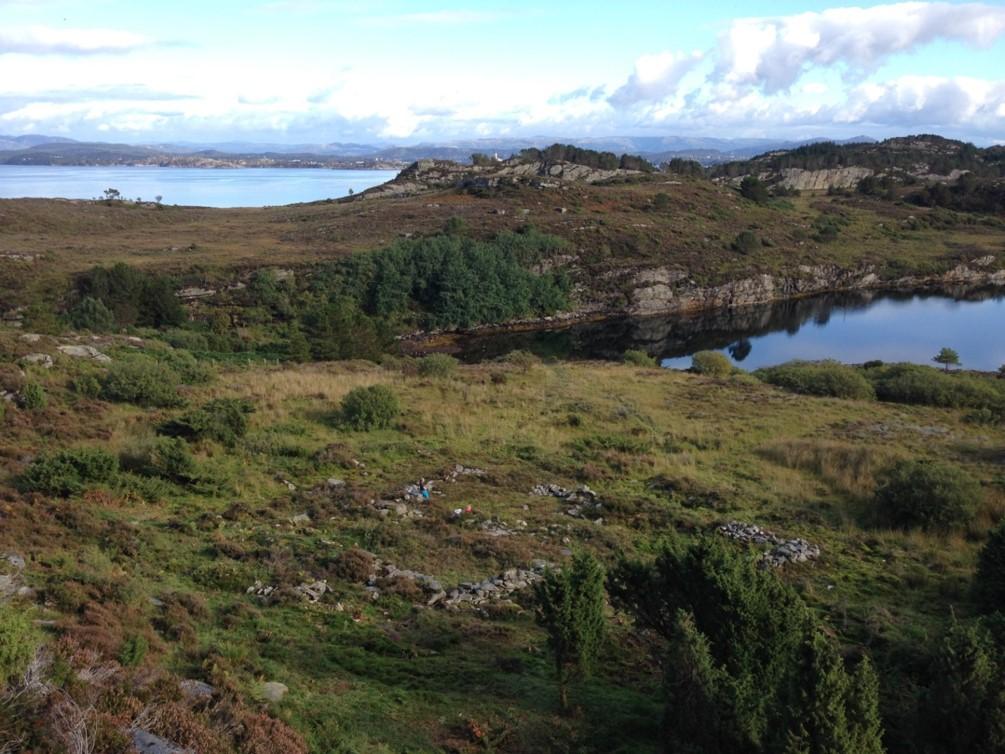Goals and background
Main content
Interrelated research themes:
- Demographic changes among coastal populations during prehistory and early history
- Regional and inter-regional coastal networks and mobility, cultural encounters, trade and exchange
- The relationship between coastal hunting/fishing and agriculture in a long-term perspective
- Long-term changes in vegetation and marine resources at the coast
- Study how marine-resource oriented societies in the past contributed and reacted to environmental change and climate change
- Stability and change in
- Marine oriented technologies
- The procurement and management of marine resources
- Coastal dwellings and settlement patterns
COASTARK Research Group Background
- One of our key aims is to activate and re-activate Western Norwegian materials from the coast as well as from the fjords.
- Another key aim is to collect and utilize comparative data from other regions and countries that connect to our research aims.
The University Museum in Bergen holds a record from archaeology and the natural sciences spanning 150 years of excavation materials. When combining data from archaeology with environmental data documenting long-term changes in sea-level, climate, landscape and ecology, we can reconstruct human-nature interactions in the recent as well as the distant past.
Improved collaboration potential among the researchers employed at UiB will lead to a stronger archaeology program here at the University. Cross-disciplinary approaches will further facilitate efficient use and re-use of archaeological remains through collaborative efforts in excavation, post-excavation and dissemination. The COASTARK research group will provide a platform to allow for joint, or individual, research funding applications, thus advancing scientific method and theory in all steps involved. Investigations that are frequently based on the archaeology of long-term changes in human-environment interactions in coastal areas are already focal points of several large-scale, international, and cross-disciplinary research projects elsewhere in Norway (e.g. SARG, UiT), and abroad (e.g. NABO). Through COASTARK, we are able to create such a research hub in Bergen and can connect directly to other projects and groups already involved in similar research interests and approaches for increased research potential.
Through our collaborative approach, we can add missing chronological or geographical information by recommending targeted excavations that employ modern excavation and research methodologies. The COASTARK research Group can also function as a resource for planning development-based archaeological excavations by providing relevant research questions. It will also provide fresh research perspectives to old questions and archaeological collections, and, where possible, lead new research projects to address relevant issues of past human-nature relationships in coastal and island environments that can inform present problems observed in coastal communities and potentially draw future scenarios.
The group coordinators of COASTARK, will organize meetings, workshops, work-in-progress seminars, and supplementary research schools for MA and PhD students.
